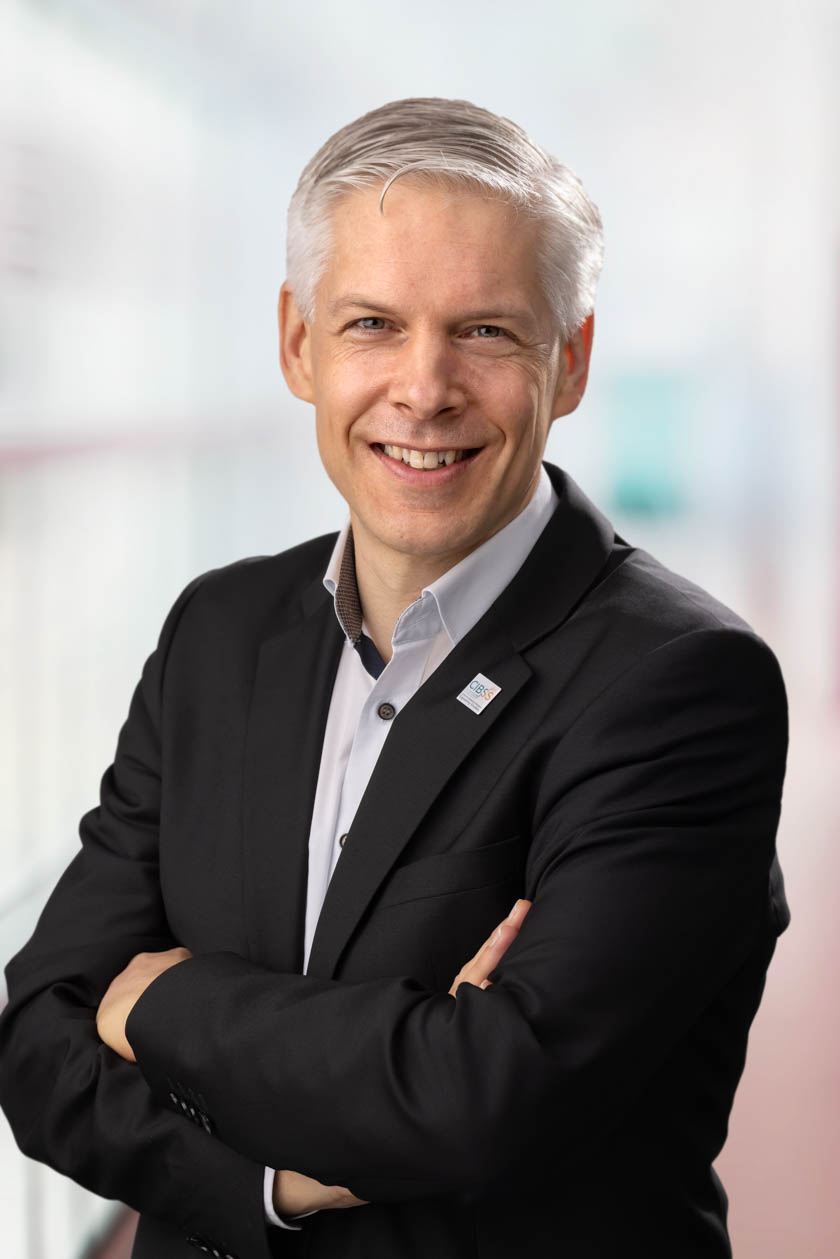With his interdisciplinary research approach, synthetic biologist Prof. Dr. Wilfried Weber has decisively shaped and advanced signalling research in Freiburg. Now the CIBSS researcher is assuming a leading position in Saarland: Weber was appointed Scientific Director of the INM - Leibniz Institute for New Materials on 15 March. He also became professor of new materials at Saarland University.


Wilfried Weber appointed Scientific Director of the Leibniz INM
CIBSS investigator Wilfried Weber appointed Scientific Director of the Leibniz Institute for New Materials and professor at Saarland University

Prof. Dr. Wilfried Weber. Photo: Jürgen Gocke / CIBSS, University of Freiburg
"We are grateful for the commitment, enthusiasm and scientific contribution Wilfried Weber has brought to CIBSS and wish him all the best and much success for his start in Saarbrücken," CIBSS spokesperson Prof. Dr. Carola Hunte and CIBSS spokesperson Prof. Dr. Wolfgang Driever congratulate their long-time colleague. Weber, who has also been a member of the spokesperson team, has made decisive contributions to the success of the Cluster of Excellence CIBSS - Centre for Integrative Biological Signalling Studies in the Excellence Strategy of the German Federal and State Governments and will continue to be part of the cluster as an Associate Investigator. "For excellent signalling research, close networking with other institutions is essential and CIBSS, as well as the institutions in Saarbrücken, will benefit from this step," says Driever.
Weber applies biological signals to materials research
Weber's future work at the INM is a direct continuation of his research at CIBSS and the University of Freiburg. The INM focuses on " Engineered Living Materials", i.e. materials that are constructed by living organisms and the properties of which can be precisely controlled by influencing biological signals with the help of methods from synthetic biology. For his work on such systems, he received, amongst a number of awards, the European research prize ERC Advanced Grant, which is endowed with 2.5 million euros.
"The great advantage of biological systems is their ability to sense and adapt to their environment. We transfer the underlying biological sensors and switches into materials. In this way, we construct new materials that have properties that adjust to their environment," Weber explains.
Optogenetic control of biological signals
His team primarily uses light signals for the minute control of cells and materials, making them international leaders in the research field of molecular optogenetics. "We transfer mechanisms of how plants react to light into cells. In this way, we can control the properties of materials. This enables us, for example, to programme the stability of materials through light," says Weber. In addition, his research is geared towards sustainability. In one of his projects, which he leads together with researchers from the University of Freiburg and the Cluster of Excellence livMatS at the University of Freiburg, he programmes cells so that wood waste such as sawdust can be turned into new wood materials again - biological up-cycling.



